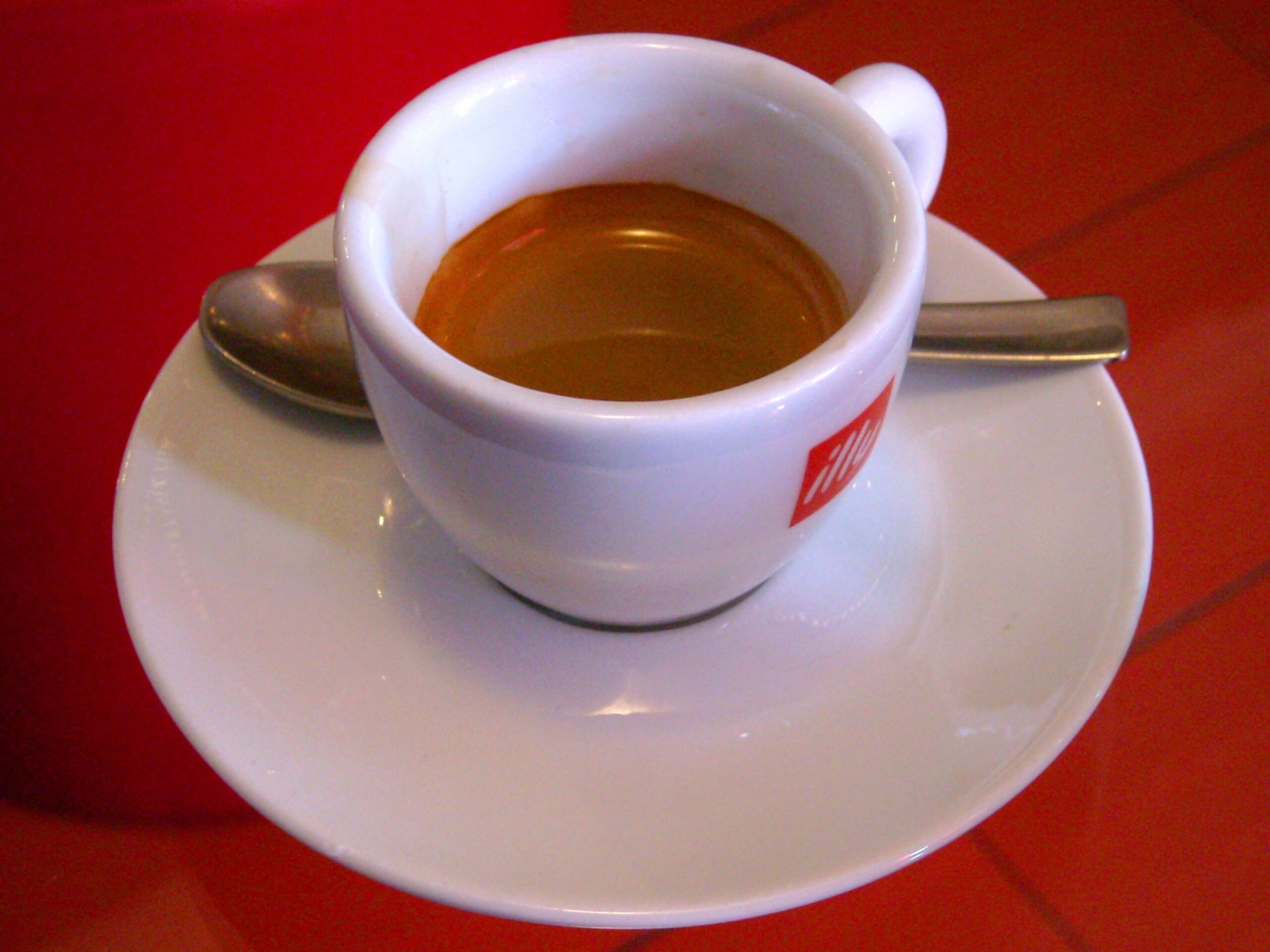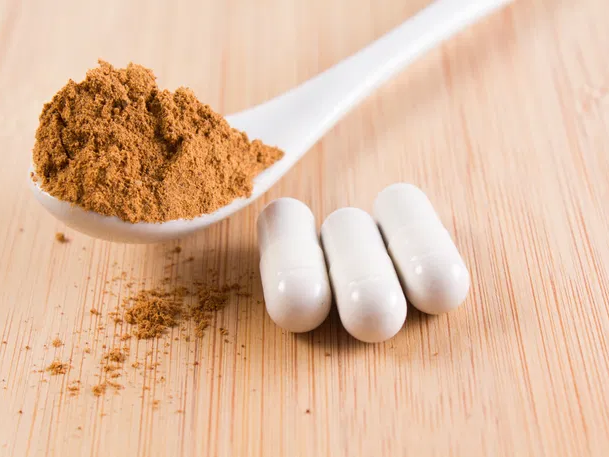Caffeine and performance
By definition caffeine, as a nutraceutical, can have a negative and positive effect upon one’s body depending on the dose and one’s metabolism

"Cup of Joe"
Almost everyone is familiar with caffeine. Many of us rely on a good cup of “Joe” in the morning to jump start our bodies or help give us a pick-up during the day. Then we read with dismay the various — sometimes conflicting — information stating that caffeine may not be good for our health, let alone our athletic performance.
What is it...
Although caffeine is a common ingredient in many beverages, foods, and over-the-counter medications, perhaps it can no longer be classified as a food or a drug. Dr. Jeffrey Bland, of HealthComm, Inc., a company specializing in health and nutrition education, says caffeine falls into a recently defined in-between category called nutraceuticals. A nutraceutical is a food-derived substance that can have pharmacological effects on the body.
Caffeine fits this description perfectly.
By definition, caffeine, as a nutraceutical, can have a negative and positive effect upon one’s body, depending on the dose and one’s metabolism.
Many athletes already know that in moderate doses caffeine can have a positive effect upon performance


Performance
While cycling, your muscles are using some combination of carbohydrate and fat for fuel. As you increase the intensity of your effort, there is a tendency for your muscles to use a greater proportion of carbohydrate as a fuel.
However, when you consume caffeine in the form of cola, coffee, or tablets, stored fat is made available to your muscle cells. This, in turn, causes a switch from using stored glycogen as the preferred fuel to using more of the free fatty acids that caffeine helps provide. The result is the sparing of glycogen, one of the two major energy sources for muscle cells during exercise, thereby making it available for the final climb or sprint in the race.
Dose
Two milligrams of caffeine per pound of your body weight taken about 30 to 60 minutes before exercise may provide an optimal dose before long road races or criteriums.
For reference, a cup of drip coffee has approximately 125 milligrams of caf-feine, a cup of instant coffee about 100 milligrams, and soft drinks from 30 to 60 milligrams, A 170-pound cyclist, therefore, could consume about three and a half cups of coffee and possibly notice an ergogenic effect.
At these levels of ingestion, however, caffeine’s diuretic effect causes increased loss of water through the urine 30 minutes to two hours after ingestion, which may dangerously compound your loss of water during long races. Also, caffeine-induced acid secretion in the stomach may lead to heartburn.


Evidence
In addition, there has been evidence published showing that excessive and chronic use of caffeine can lead to episodes of anxiety and high-blood pressure. It has also been proven that when caffeine is taken in high doses, some subjects performed worse than when they were given a placebo. Taken in excess, caffeine can also irritate one’s stomach lining, disrupt sleep, cause diarrhea, and accelerate dehydration. These are all race-day problems that racers certainly don’t need.
Caffeine may also have other physiological benefits. Road racers have been known to consume a small amount of espresso near the end of a race, and some sprinters drink strong coffee prior to track competitions. These athletes are hoping to take advantage of caffeine’s effects on the central nervous system. Caffeine has been shown to help reduce the sense of physical effort one experiences during hard exercise. Some people claim that caffeine stimulates the brain, thereby increasing alertness, In addition, caffeine may be linked to the release of calcium in the muscles. which initiates muscle contraction.
In a recent study on caffeine use and motor reactions, scientists lested three separate groups. The first group ingested 300 milligrams of calfeine, the second group 600 milligrams, and the third group, serving as a control, no caffeine. The 300-milligram group reported the fastest reaction times. A surprise to the research team was that the 600-milligram group reacted no faster than the control group. The results indicate that although some caffeine may boost performance, too much may prove ineffective.
Program
Finally, habitual coffee or soda drinkers usually build up a tolerance to caffeine, which reduces side effects such as nervousness, increased heart rate and increased urination, as well as any improvement in performance It you are accustomed to high levels of coffee or caffeinated beverages and you try to back off, you might even experience withdrawal symptoms such as headache, nausea, or lethargy
If you can wean yourself from caffeine for a few days before a race. however, caffeine may give you a lift on race day. One recent study examined the results of giving caffeine to coffee-drinking athletes after they had abstained from caffeine for four days prior to a more. The research team found that blood levels of free fatty acids were greater following the with drawal from caffeine than they were when the athletes stuck to their regular caffeine babits. These results imply that you may gain a greater benefit from caffeine if you don’t regulars drink heverages that contain it of if you abstain for a few days.
The botom line is that caffeine is a plant-derived nutraceutien that can have pharmacological effoets upon the body. Some of the effects are beneficial, while others, in excess, can be harmful. As with all things related nutrition, each individual should evaluate caffeine’s effects upon his or her body and, if the decision is made to use caffeine, consume it at levels that take advantage of is beneficial effects but minimize the adverse effects of excess intake.
BY EDMUND R. BURKE, PH.D.
Winning, May 1996
